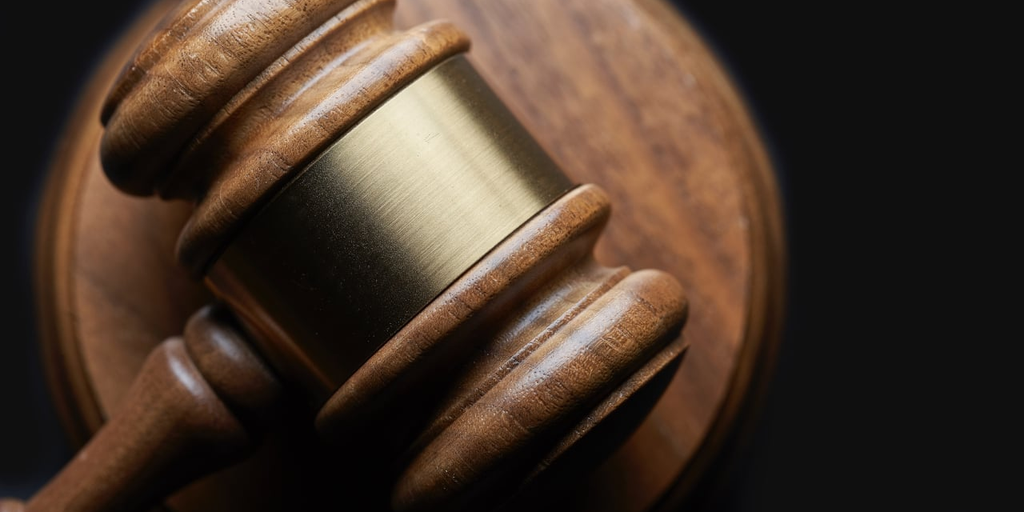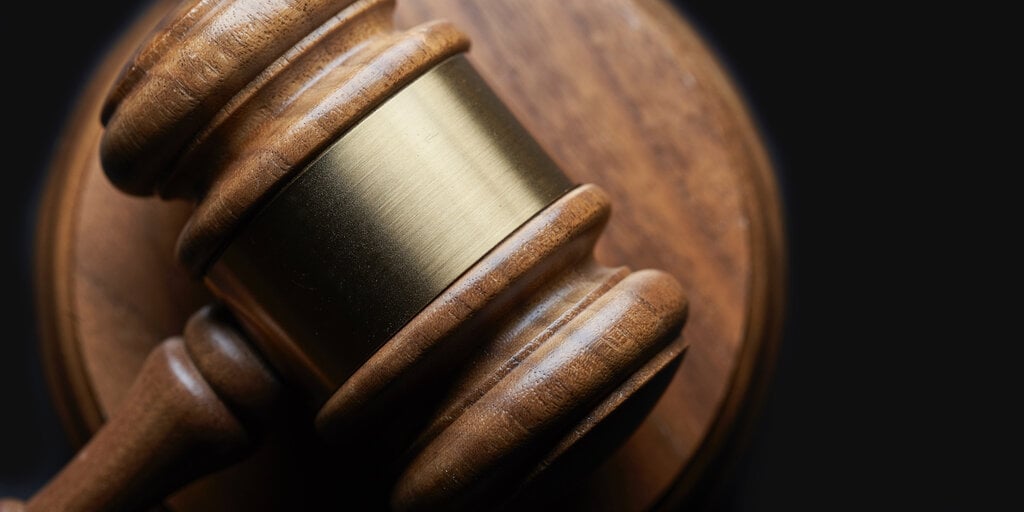
The Securities and Exchange Commission (SEC) lawsuit against Coinbase hinges on an interpretation of securities law that conflicts with logic established a century ago, according to several legal scholars who weighed in on the case on Friday.
The group of six—including law professors at Fordham Law School, Yale Law School, and the University of Chicago Law—penned an amicus brief in support of Coinbase that said the term “investment contract” has a more limited scope than the SEC believes.
In their joint filing, the scholars said their affiliations with some of the country’s top law schools are included for identification purposes only; and that they are not speaking for their respective institutions. Still, their amicus brief aims to influence how the SEC’s lawsuit will be decided by providing subject expertise.
The SEC sued Coinbase in June, alleging the firm operates as an unregistered broker, clearinghouse, and exchange. Foundational to those claims is the agency’s belief that at least 13 cryptocurrencies that are traded on the platform are unregistered securities.
In highlighting the tokens, the SEC said token sales comprise investment contracts under the so-called Howey Test. The test looks for an “investment of money in a common enterprise with a reasonable expectation of profits to be derived from the efforts of others.”
The Howey Test looms large in crypto, and it’s been a recent factor in the SEC’s case against Ripple labs over sales of XRP. While the SEC has signaled it wants to appeal the decision,
District Judge Annalisa Torres ruled programmatic sales of XRP—conducted by Ripple on exchanges on a scheduled basis, and without formal contracts—fell short of fulfilling the Howey Test. Yet a Judge declined to extend Torres’ reasoning to the SEC’s case against Terraform Labs and Do Kwon not long after.
According to the SEC, the existence of an investment contract can include a “scheme” and does “not turn on whether there is a formal contract between parties.” However, the group of legal scholars argued that history would indicate otherwise.
It was well established that a contractual agreement between buyers and sellers was needed for an “investment contract” to exist when Congress passed the Securities and Exchange Act of 1934, the scholars argued. This is based, they said, on decisions surrounding so-called blue-sky laws that the Securities and Exchange Act of 1934 was “patterned on.”
A law passed in Minnesota in 1919 was the first to include the term investment contract in its definition of a security. And it was later determined within the state’s court system that a contractual agreement was a core component of the term.
Other states came to abide by this standard, the scholars said.
“In short, by 1933, the state courts had converged around a standard for interpreting the term investment contract to mean a contractual arrangement that entitled an investor to a contractual share of the seller’s later income, profits, or assets,” they said.
The scholars said the Supreme Court has echoed decisions made by state-level courts. And every “investment contract” that’s been identified at the highest levels of America’s legal system involves a contractual undertaking between buyers and sellers.
While the Supreme Court’s landmark decision that yielded the Howey Test does reference the term “scheme,” it wasn’t meant to do away with the “core textual and historical anchor” of what an investment contract entails, the scholars said. They argued that the inclusion of “scheme” meant that multiple contracts in an asset’s sale should be considered as a whole.
In this sense, the legal scholars signaled that a decision siding with the SEC in its suit against Coinbase would be a break away from case law established both before and after the Securities and Exchange Act of 1934.
“An investment contract requires contractual undertakings to deliver future value reflecting the income, profits, or assets of a business,” the scholars said. “The Court should adhere to the settled meaning of the term.”








